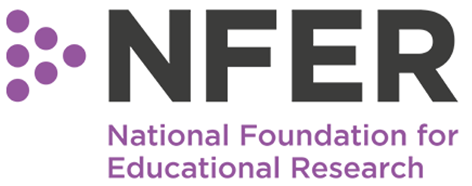The global outbreak of Covid-19 and the subsequent partial school closures significantly disrupted education in England. The national lockdown periods in 2020 and 2021 created an unprecedented need for remote teaching and learning solutions.
As part of a DfE-commissioned qualitative study, we explored the approaches used by 16 case-study schools and colleges to delivering remote teaching. For many of the schools and colleges we spoke to, live remote teaching was a novel approach introduced as part of an emergency response to the pandemic. This blog post discusses some of the key learning points from schools’ and colleges’ journeys to developing a remote teaching offer.
Remote teaching can take different forms, but for the purposes of our study, remote teaching was defined as ‘a teacher teaching a live lesson from a different location to some or all of the pupils’. While our study was based on relatively small-scale qualitative research, the findings, which should be of interest to policymakers and senior leaders, add to the evidence base on the challenges associated with remote teaching and the factors that teachers feel supports its effective delivery.

